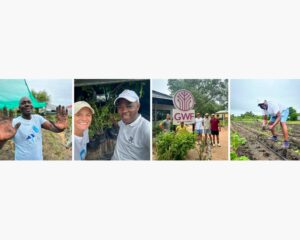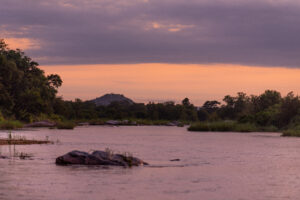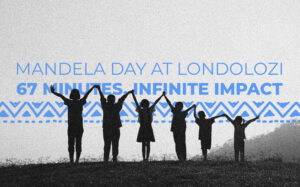“Sustainable development is development that meets the needs of the present without compromising the ability of future generations to meet their own needs.” Report of the World Commission on Environment and Development: Our Common Future
It’s no secret that in recent decades we humans have had an adverse effect on our natural systems. It is also no secret that this has ultimately been to our own detriment. In a mad pursuit of short term economic growth, we have disregarded how our activities are damaging our planet at a potentially unrepairable rate. However, it is not all doom and gloom out there. The concept of sustainable development has come to the forefront of international politics. Everyday we learn more about how ecosystems regulate stability on our planet. It is becoming more widely recognised that natural resources can provide the answers to many global threats we face.
The term “nature-based solutions” relates to the process of working with nature to reduce biodiversity loss while generating sustainable development. It involves the protection, restoration, and management of natural ecosystems. It may seem obvious but the complexity of global issues has created a debate around where we should be placing our attention. At Londolozi, our conservation development model, conceived in the 70’s, was a nature-based solution. It intended to create solutions for facilitating human development while preserving wildlife. As a continuation of our series of blogs in sustainability, I figured I would dive a bit deeper into the concept of sustainable development. I’ll also look more into nature-based solutions and how they tie into our daily operations at Londolozi.
The Concept of Sustainable Development in Tourism
I read the above definition in the Brundtland Report, also known as Our Common Future. World Commission on Environment and Development released this publication in 1987. It was one of the first bodies of work to delve into the concept of sustainable development. It sought to define the term as well as lay out a means by which we could seek to achieve it. This report is pretty lengthy and multifaceted. I’m am certainly not academically equipped to dissect and interpret it at length for you. Although, in a nutshell, Our Common Future was an in-depth analysis of the state of the environment.
The Common Future report also included analysis of our global societies and their economies. It took a look at how we got to where were, the causes of the problems and the challenges of the future. However, it has also highlighted the opportunities that are available to us. To suggest ways of living that would allow a generation to thrive while repairing our relationship with the natural world around us.
During the same period that Our Common Future was being compiled, out in the African wilderness, the Londolozi family was working on a version of sustainable development that would apply to Ecotourism in South Africa. A system in which social and environmental needs are aligned to preserve wildlife. A system that would improve people’s lives, then, now and for generations to come. This would come to be known here at Londolozi as the Conservation Development Model.

By 1990 Londolozi had demonstrated through the Londolozi Conservation Development Model that people and wildlife could live and work together in harmony. And to the mutual benefit of all, as a destination of exceptional beauty and a Safe Haven for wildlife…
Sustainable Development Goals
Decades later, the Brundtland Report has become slightly outdated. However, it formed the basis for global thinking on the topic. In a similar manner, over the years modern layers have been added to the original conservation development model at Londolozi. In 2015, the United Nations agreed to the 2030 Agenda for Sustainable Development. Contained within the agreement are 17 Sustainable Development Goals (SDGs).
A set of goals designed to be a “blueprint to achieve a better and more sustainable future for all.” They are best described as a universal call to action to end poverty, protect the planet, and ensure all people enjoy peace and prosperity (United Nations, 2015). Here at Londolozi, we’re focusing on where we can have the most impact locally. We believe that at a local and regional scale our impact directly contributes towards 7 of these goals, and by virtue another 5. The below infographic outlines our Impact Capitals…
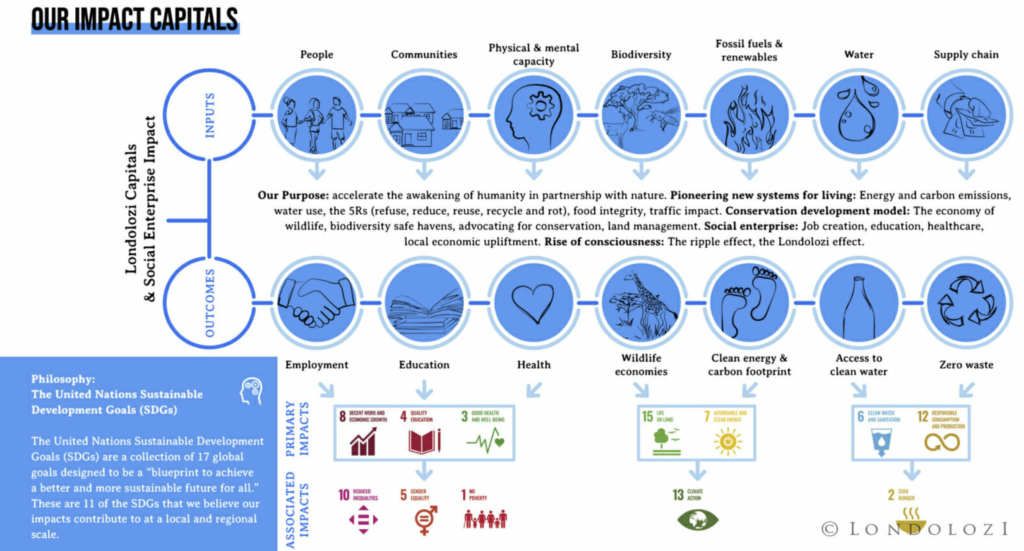
On a global scale these goals are certainly ambitious, and no doubt challenging. There are many complex issues that stand in the way of our species achieving them. It will take one gigantic effort in order to attain them equally. However, they have provided us with a list of markers to aim towards. And when we start to break them down and layout the stepping stones for getting there, we can shift our mindset. In fact, a challenge that might seem daunting on a global level can feel quite exciting on a small scale.
Nature-Based Solutions
At COP 26 in Glasgow last year, nature-based solutions were touted as the means by which we can work with natural ecosystems to address climate change and biodiversity loss while achieving sustainable development. While the term may have been recently coined, the concept has been around for some time. Hunter-gatherers around the world have employed methods of working with nature for survival for generations. A recent example of a nature-based solution is the restoration of coastal Mangroove forests. These restoration initiatives will protect human homes and farms from flooding. It will simultaneously provide an environment in which fish populations flourish. This will bring fish numbers to a level where communities that depend on fishing for their livelihoods can harvest them sustainably.
In a similar manner, Londolozi, from its inception, has always turned to nature for answers. By developing an ecotourism model on their family farm the Varty’s and all those early founders of Londololzi were working in a mutualistic manner with wildlife.
The Success of the Londolozi Model
The success of the Londolozi Model rests on the creation of perpetual and long-lasting vested economic and social interests of those who live within and around the reserve. This supports the emergence of the economy of wildlife. This sustainable nature-based economy holds infinite possibilities and opportunities for the people of the region to prosper. These include the establishment of local supply chain enterprises. The creation of a multitude of services in the areas of security, transport and logistics. Furthermore, the potential of the expanding cloud economy provides access to new a lot of new prospects. If scaled, that could allow the rapid growth of a local economy based on the economy of wildlife.
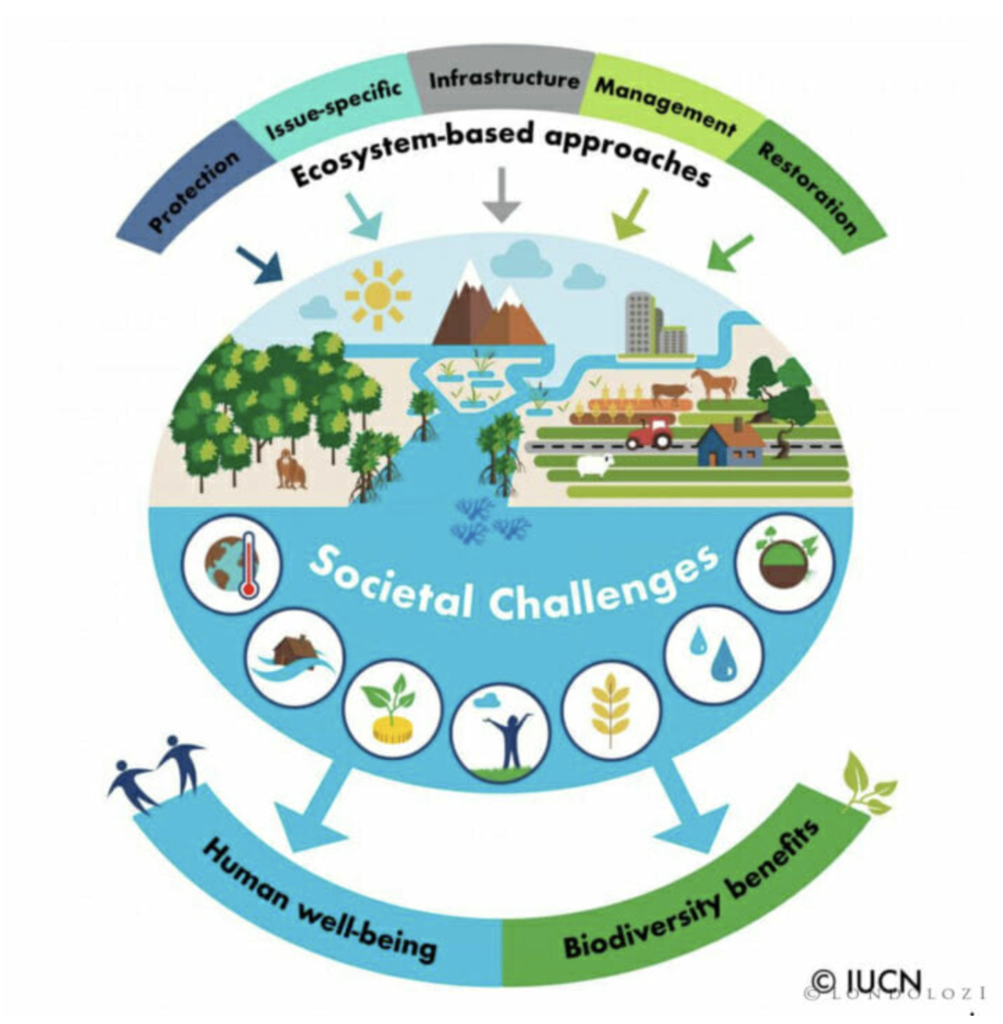
Wildlife Conservation
Londolozi’s sustainable development model finds is roots in the conservation of wildlife. After all, we are an organization and a community of people that have always relied on the preservation of nature for our livelihoods. Our conservation model has three interconnected aspects…
- Biodiversity Safe Havens
- Advocating for Conservation
- A Kinship Model
We will get into the details of these at some stage. But essentially it is through a joint effort by various stakeholders in this wild corner of South Africa, that we will continue to protect our magnificent parks and the animals that inhabit them. Preserving wild spaces for future generations, while continually striving for sustainable development that will benefit us today and our children tomorrow. Sitting at my computer reading the UN’s sustainable development goals, they can seem unattainable. But walking through the Londolozi village never ceases to inspire me, we can take the steps necessary to achieve them.
The solutions are present in Nature.
Join our global tribe…
As a Londolozi Ripple Fund supporter you join a global tribe of people who hold the belief that the restoration of the planet can only come out of a profound shift in human consciousness.
We have established a Londolozi Ripple Fund Impact site where you can follow regular updates of projects and donations as they unfold.
For more information or if you would like to make a donation and start your own ripple effect, please reach out to us on ripple@londolozi.co.za

